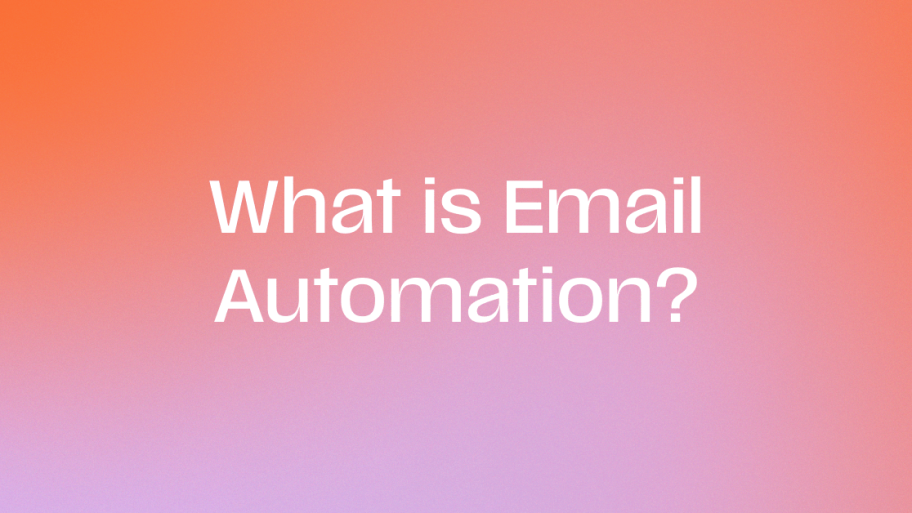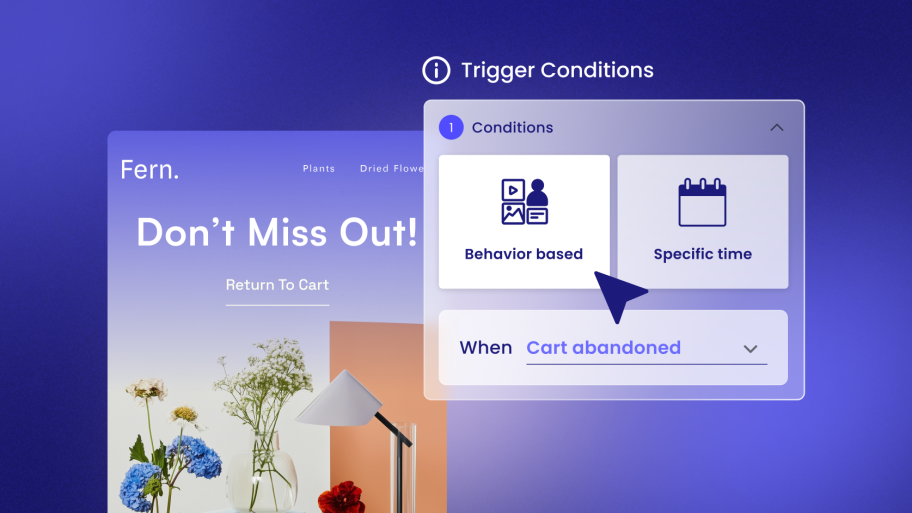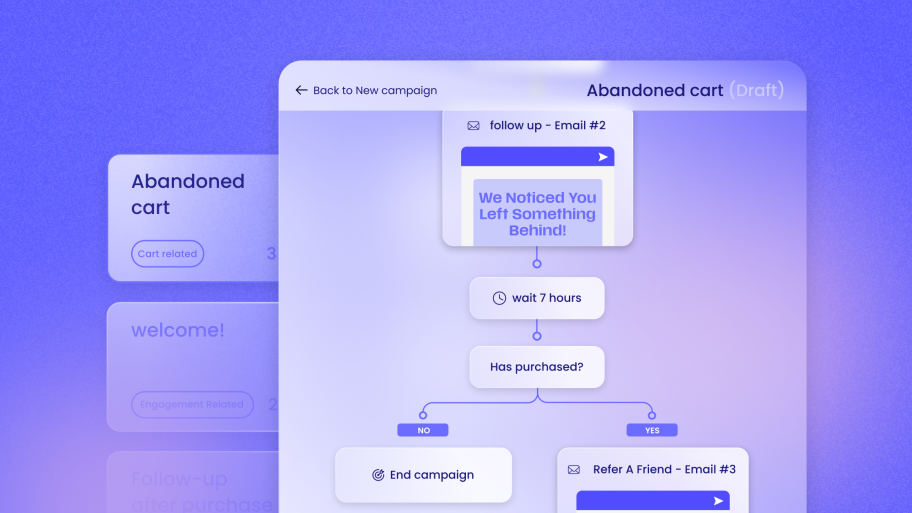This guide explores the most effective solutions available in 2025 , helping you cut through the noise. We’ll examine the features that matter most, from automation and analytics to integration capabilities. Whether you’re a web creator building sites for clients or a small business owner, finding a tool that fits your workflow and scales with your needs is essential for success.
Understanding Mass Email Services
So, what exactly is a mass email service? At its core, it’s a platform that allows you to send a single email to a large list of subscribers simultaneously. But modern services offer much more than just bulk sending. They are comprehensive communication toolkits designed to help you build and nurture relationships with your audience.
These platforms handle the technical heavy lifting, like managing subscriber lists, ensuring high deliverability rates, and providing analytics on how your campaigns perform. They also help you comply with anti-spam laws, which is crucial for maintaining a good sender reputation. For any business looking to grow, these services are not just a convenience; they are a fundamental part of a sound marketing strategy.
Why Your Business Needs a Mass Email Service
Still on the fence? Let’s break down why leveraging a dedicated mass email service is one of the smartest moves you can make for your business. The data consistently shows that email marketing is a powerful channel. In fact, 60% of consumers prefer to receive promotional messages and product updates via email. It’s a direct line to your customers in a space they check daily.
Here’s a closer look at the key benefits:
- Scalability: As your business grows, so does your email list. Managing thousands of contacts and personalizing your communication without a dedicated service becomes nearly impossible. These platforms are built to handle scale, allowing you to maintain a personal touch even with a large audience.
- Efficiency and Automation: Time is money, right? Mass email services save you a ton of it. With features like pre-built templates and marketing automation flows, you can set up campaigns that run on their own. Think welcome emails for new subscribers or abandoned cart reminders—these can be set up once and work for you around the clock.
- Deeper Customer Insights: How do you know if your marketing is working? Analytics. These services provide detailed reports on open rates, click-through rates, and conversion tracking. This data is invaluable for understanding what resonates with your audience, helping you refine your strategy and demonstrate a clear return on investment (ROI).
- Professionalism and Branding: First impressions matter. Using a professional service ensures your emails look great on any device, thanks to responsive templates and easy-to-use editors. This helps build trust and reinforces your brand identity with every message you send.
In short, a mass email service moves you from simply sending emails to executing a strategic communication plan that drives engagement and revenue.
The Top 7 Mass Email Services for 2025
Ready to find the right tool for your business? We’ve analyzed the options to bring you the top 7 mass email services for 2025 . Each has its own approach, but all aim to help you connect with your audience more effectively.
1. Send by Elementor

For Web Creators and businesses operating within the WordPress ecosystem, Send by Elementor presents a uniquely integrated solution. It’s designed from the ground up to work seamlessly with WordPress and WooCommerce, eliminating many of the typical friction points associated with third-party marketing platforms.
Send is positioned as more than just an email service; it’s an all-in-one communication toolkit. It brings together email marketing, SMS marketing, advanced automation, and deep analytics directly into the WordPress dashboard. This native approach means you don’t have to deal with the headaches of managing external APIs, clunky data syncing, or plugin conflicts that can slow down your site.
Core Features and Strengths
Send by Elementor is built to empower web creators to expand their service offerings beyond just building websites. It provides a clear path to generating recurring revenue by enabling creators to manage their clients’ marketing efforts efficiently.
Here are some of the standout features:
- Effortless Integration: Because it’s truly WordPress-native, the user interface feels familiar and intuitive for anyone who works with WordPress. Setup is straightforward, and managing campaigns feels like a natural extension of your existing workflow.
- Unified Email and SMS Marketing: The platform consolidates both email and SMS channels. This allows you to create cohesive marketing campaigns that reach customers on their preferred platforms, all managed from one place. Did you know that 90% of text messages are read within three minutes? Combining this immediacy with the depth of email is a powerful strategy.
- Powerful Marketing Automation: Send comes with pre-built automation flows for common scenarios like welcoming new subscribers, recovering abandoned carts, and re-engaging inactive customers. These tools lower the barrier to entry for creators and businesses new to marketing automation, making sophisticated campaigns accessible to everyone.
- Advanced Segmentation: You can group your contacts based on a wide range of criteria, including their purchase history, website behavior, and demographic information. This allows for highly targeted and personalized messaging that boosts engagement and drives better results.
- Drag-and-Drop Email Builder: Creating beautiful, responsive emails is simple with the intuitive drag-and-drop editor. You can start from scratch or use
ready-made templates designed with Elementor’s best practices in mind, ensuring your emails look professional every time. - Real-Time, Demonstrable ROI: One of the biggest challenges for creators is proving the value of their marketing services to clients. Send addresses this head-on with
real-time analytics and revenue attribution built directly into the WordPress dashboard. You can clearly show how your email and SMS campaigns are translating into sales and customer retention.
Who is it Best For?
Send by Elementor is specifically tailored for Web Creators—freelancers and agencies who build websites on WordPress, especially for WooCommerce clients.
- For creators new to marketing services: If your clients are starting to ask for “marketing stuff,” Send offers a simplified entry point. You can start with a basic automation, like an abandoned cart flow, without needing to become a marketing guru overnight. The integration is seamless, avoiding the technical complexities of external platforms.
- For experienced agencies: For those already offering marketing services, Send provides a way to stop wrestling with clunky, non-native tools and bring everything in-house. This streamlines your workflow, strengthens client relationships through demonstrable results, and helps you build a more profitable, sustainable business model based on recurring revenue.
Pricing Structure
The platform is designed with a fair, usage-based pricing model that can scale with a business’s needs. This approach, often including a generous free tier, makes it accessible for businesses just starting while providing the power needed for large-scale operations.
In summary, Send by Elementor simplifies the entire process of customer communication for the WordPress world. It transforms a website from a static brochure into a dynamic engine for growth, empowering creators to deliver more value and build stronger, long-term partnerships with their clients.
2. Yotpo Email Marketing & SMS

Yotpo provides a platform that integrates both email and SMS marketing channels. It allows businesses to manage these communication methods from a single place. The service is built for online merchants and enables them to grow their subscriber lists through opt-in forms. Users can segment their audience using various customer data points to send personalized messages.
The platform supports different types of campaigns and includes features for performance analytics and A/B testing. It offers a pay-as-you-go pricing model.
3. AdRoll

AdRoll is a digital advertising platform focused on helping businesses run personalized ad campaigns. It aims to improve customer engagement throughout the marketing funnel with features like retargeting campaigns and automated audience segmentation.
The platform also provides analytics and attribution tools to help users measure the performance of their campaigns. AdRoll offers a free plan, with paid packages available for businesses that require more advanced features like marketing automation and social media integrations.
4. Moz

Moz offers a suite of Search Engine Optimization (SEO) tools designed to help businesses improve their visibility in search engine results. The platform includes tools for site audits, which help identify technical SEO issues, and keyword research features to find valuable search terms.
It also provides competitor analysis capabilities, allowing users to compare their performance against others in their niche. Moz offers some free tools, and its Moz Pro plans are available through a monthly subscription at different tiers.
5. Lucky Orange

Lucky Orange provides tools to help businesses understand customer behavior on their websites. Its features include dynamic heatmaps, session recordings, and checkout analytics. These tools are designed to show how users interact with a site, such as where they click and how far they scroll.
The platform also allows businesses to collect direct feedback from customers through surveys. Lucky Orange has a free plan with a limited number of sessions, and paid plans are available for higher traffic volumes.
6. BuzzSumo

BuzzSumo is a research tool that helps users find trending content and identify influencers within a specific niche. It aggregates high-performing content from various online sources and presents it in a dashboard.
Users can search by keyword and apply filters to refine their results. This functionality helps businesses understand what kind of content resonates with their target audience, analyze competitor strategies, and monitor brand mentions. A free plan with limited searches is available, with paid plans offering unlimited access.
7. Shopify Inbox

Shopify Inbox is a free messaging application designed for merchants using the Shopify platform. It enables real-time conversations with customers as they browse an online store. The tool provides context about the shopper, such as which products they are looking at, which allows for more personalized support.
It includes features like AI-powered instant answers and suggested replies to help merchants respond to customer queries more quickly. The app is available at no cost to all Shopify store owners.
How to Choose the Right Service for Your Business
Selecting the best mass email service from a crowded field can feel overwhelming, but breaking it down into a few key considerations makes the process much more manageable. The “best” tool is ultimately the one that aligns most closely with your specific business needs, your technical workflow, and your long-term goals. Let’s walk through the essential factors to weigh.
Integration with Your Existing Tech Stack
This is arguably the most important factor. A powerful marketing tool becomes a liability if it doesn’t play well with the other systems you rely on. Constant data syncing issues, plugin conflicts, or the need for complex API workarounds can drain your time and resources.
Think about your core platform. If your business runs on WordPress and WooCommerce, a solution built specifically for that environment offers significant advantages. A native tool often eliminates an entire class of problems related to integration friction. You get a unified dashboard, a familiar user interface, and the peace of mind that comes from knowing the systems are designed to work together from the ground up. This avoids the fragmented feeling of jumping between multiple platforms to manage what should be a cohesive marketing effort.
Key Features and Functionality
While all mass email services send emails, their feature sets can vary widely. Don’t get distracted by a long list of features you’ll never use. Instead, focus on the functionality that will make the biggest impact on your business.
Consider these core areas:
- Automation Capabilities: Can you easily set up essential flows like abandoned cart reminders or welcome series? Look for platforms that offer pre-built templates for these common scenarios, as this can dramatically lower the effort required to get started.
- Audience Segmentation: How granular can you get with your targeting? The ability to segment your audience based on purchase history, website behavior, or other custom fields is crucial for sending relevant, personalized messages.
- Analytics and Reporting: Does the platform provide clear, actionable data? You need to see more than just open and click rates. Look for
revenue attribution and detailed engagement metrics that help you understand the direct financial impact of your campaigns and prove your ROI. - Additional Channels: Does your strategy involve more than just email? Some platforms now integrate SMS marketing, offering a unified toolkit to reach customers through multiple touchpoints. Consolidating these channels can streamline your workflow and lead to more effective, multi-pronged campaigns.
Ease of Use and Learning Curve
A powerful tool is useless if it’s too complicated to use effectively. Your time is valuable, and you shouldn’t have to spend weeks learning a new system. Look for a platform with an intuitive interface and a straightforward setup process.
For web creators managing multiple client accounts, simplicity is paramount. A solution that feels like a natural extension of a familiar environment, such as the WordPress dashboard, reduces the learning curve and makes ongoing management much more efficient. Features like a drag-and-drop email builder and a library of ready-made templates also contribute to ease of use, allowing you to create professional campaigns quickly.
Scalability and Pricing
Your business is going to grow, and your email marketing platform needs to be able to grow with you. Consider the pricing model. Is it transparent and easy to understand? A
usage-based model, where you pay based on the number of contacts or sends, is often the most flexible and fair approach.
Avoid platforms that lock you into expensive annual contracts with bizarre termination clauses right from the start. A service with a generous free tier or a flexible pay-as-you-go option allows you to get started without a significant upfront investment and scale your costs as your revenue grows. This ensures the tool remains a valuable asset rather than a burdensome expense at every stage of your business journey.
By carefully evaluating these four areas—integration, features, ease of use, and scalability—you can make an informed decision and choose a mass email service that not only meets your current needs but also supports your future ambitions.
Conclusion
Navigating the world of mass email services reveals a clear takeaway: the most effective tool is one that seamlessly aligns with your business’s core operations. While many platforms offer a wide array of features, the real value lies in a solution that simplifies your workflow, provides clear insights, and empowers you to build stronger customer relationships. For businesses and creators rooted in the WordPress ecosystem, a native toolkit can eliminate common technical hurdles and unlock new opportunities for growth.
Ultimately, your goal is to drive engagement, boost retention, and increase revenue. The right service acts as a strategic partner in achieving these objectives. By prioritizing deep integration, powerful yet accessible features, and a pricing model that scales with you, you can select a platform that not only executes your marketing strategy but also provides a clear, demonstrable return on your investment.




